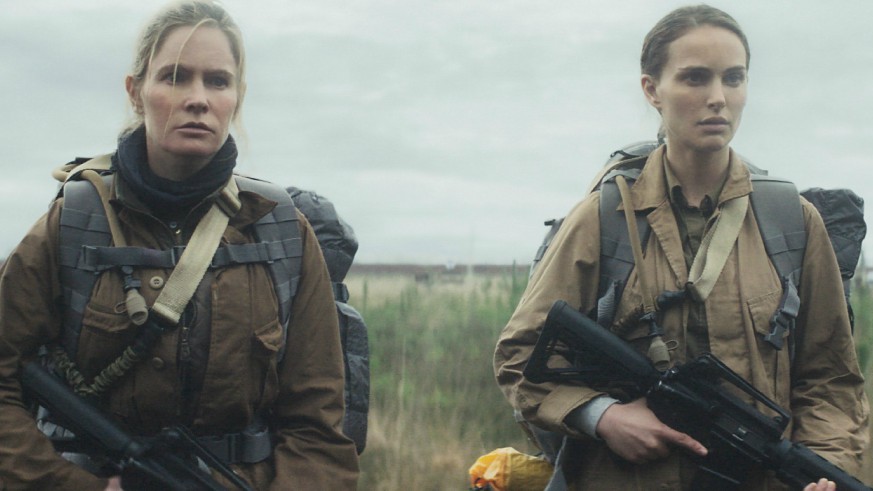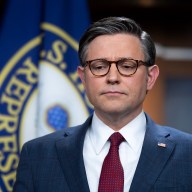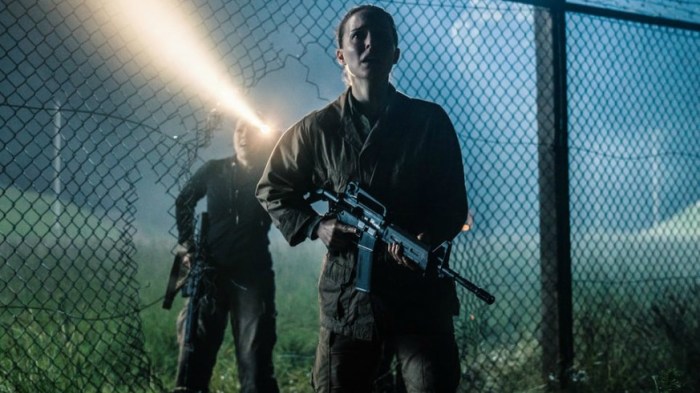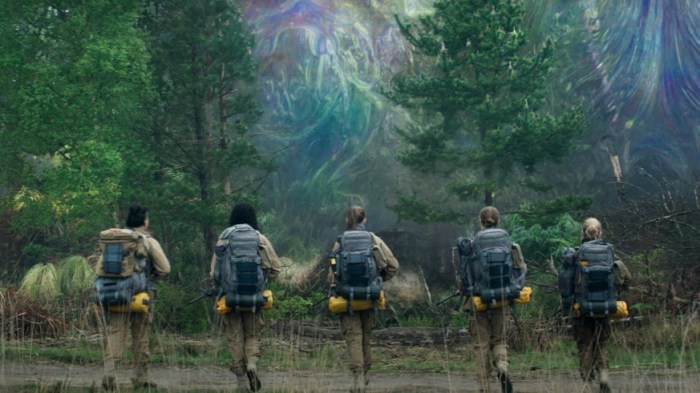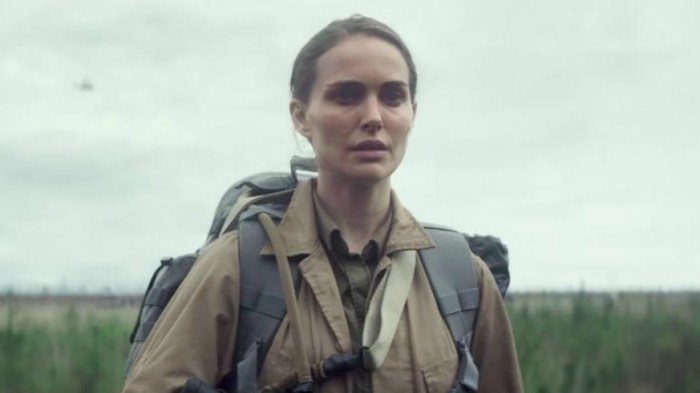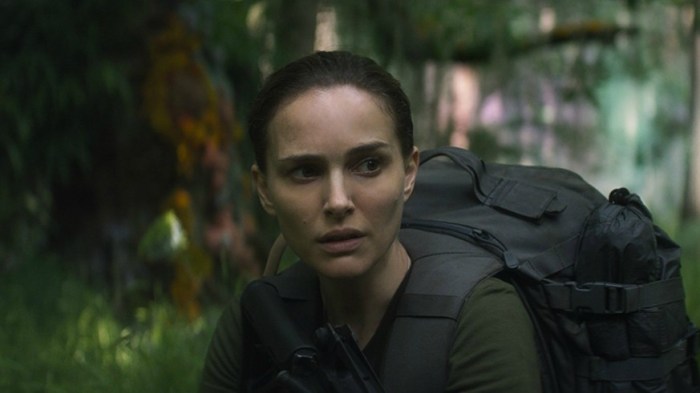WARNING: There are huge SPOILERS ahead of Annihilation.
So please, please, please don’t read ahead if you haven’t seen Alex Garland’s beguiling sci-fi horror hybrid yet. But once you’ve righted that wrong head back here immediately to read Garland’s thoughts on it.
The conclusion to “Annihilation” promises to be one of the most discussed and examined in recent movie history.
Here’s a breakdown for those of you that need a quick reminder about it conclusion. After destroying the Shimmer, Lena (Natalie Portman) completes her testimony and then reunites with her husband Kane (Oscar Isaac), who has now recovered.
Lena asks him if he is the “real” Kane,” to which he responds, “I don’t think so.” Lena still embraces him, though, and the film closes on both of their irises shifting in color, which suggests that neither is she. I think.
I recently had the opportunity to discuss “Annihilation” with Alex Garland over the phone, and, of course, its ending was of huge interest to me. It was also a topic that Garland was particularly forthcoming about, too. You can read what he had to say below.
Talk about the development of the ending.
In a way everything in the film before Natalie Portman’s character arrives on the beach and walks towards the lighthouse, and what happens in the lighthouse, has been building up to that.
And in a weird way it was that sequence that I started with and then went backwards from it.
The combination of colors and sound is mesmerizing, when did you have a concrete idea of what you wanted it to look like?
The whole thing was just organic. I had a rough idea. The script talked about prismatic effects and stuff like that.
But really what happened was, I read the book. I read it in galley form, because it was before it had been published.
I wrote the script pretty much immediately. And from the point the script is written I am showing it to people that I worked with, some of whom I have known for 20 years, old, old colleagues.
That’s when the conversation starts, and I start to bring in people like the director of photography and the visual effects supervisor and the production design team.
And the conversation gets bigger and bigger and then we started to evolve how it will actually look, and everyone is pitching in ideas, everybody is cross referencing and riffing off each other.
Do you have a specific interpretation of the ending?
I definitely do. I think that the answers to all the questions that people are likely to ask, they are not always stated but they are inferred, and they all exist within the film.
And it really is up to the viewer how much they want to question it. There’s also things that play differently when you watch the film a second time.
Like, Natalie Portman’s character has a conversation with another professor at the bottom of a flight of stairs, and it seems like one kind of conversation when you watch it for the first time.
But the second time, when you realize that they have a romantic relationship, it plays completely differently and is full of subtext and the kind of hidden argument that they are having.
I think all the information is in there, but it is up to the individual how much they access it.
“Annihilation” is now in cinemas.

